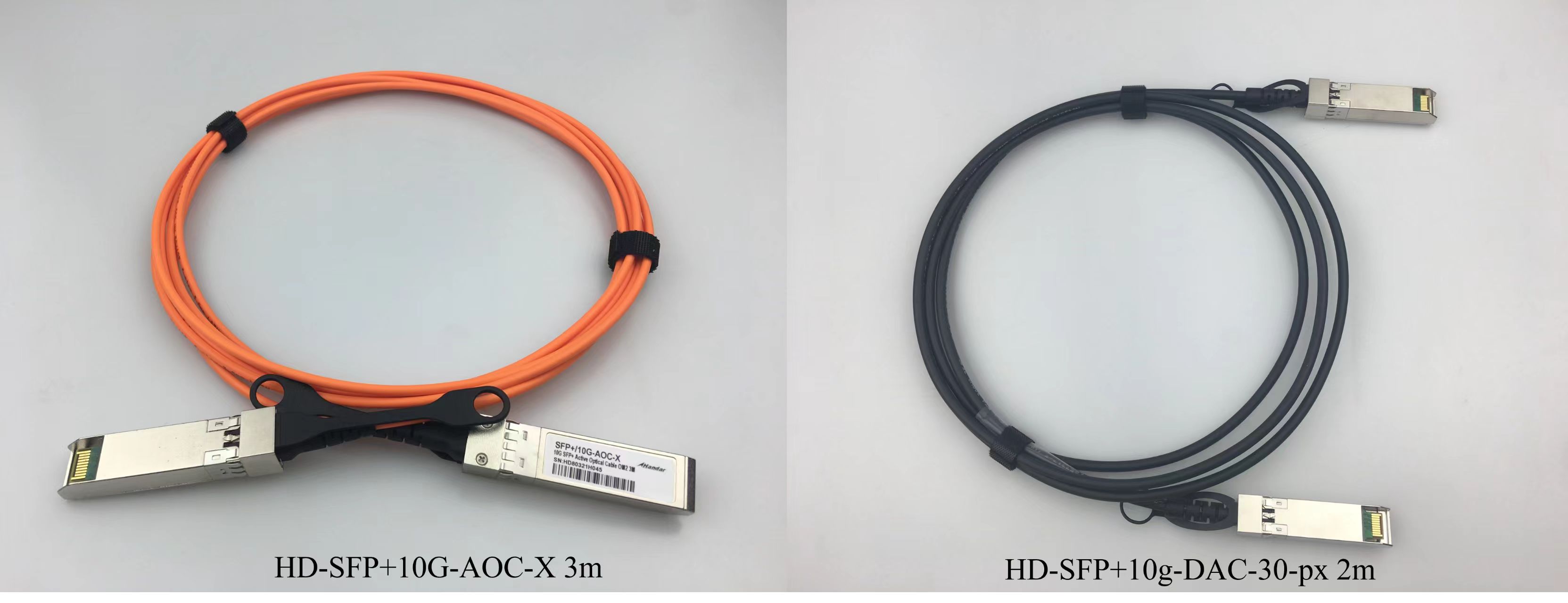The Pervasive Role of Optical Modules in Data Centers
2023-11-13(779)views
Introduction:
In the dynamic landscape of data centers, the seamless flow of information is crucial for ensuring efficiency and reliability. One key player in achieving this optimal performance is the application of optical modules. These small yet powerful devices play a pivotal role in data transmission, offering a myriad of benefits that enhance the overall functionality of data centers.
High-Speed Data Transmission:
Optical modules are at the forefront of enabling high-speed data transmission within data centers. By utilizing advanced optical communication technologies, these modules facilitate the swift and reliable transfer of vast amounts of data, meeting the ever-growing demands of modern data-intensive applications.
Bandwidth Expansion:
The escalating need for bandwidth in data centers necessitates constant innovation, and optical modules are at the forefront of this evolution. Through the implementation of high-speed transceivers, these modules effectively expand the bandwidth capacity, ensuring data centers can handle the escalating volume of data traffic without compromising on speed or reliability.
Low Latency Connectivity:
In the competitive realm of data processing, minimizing latency is paramount. Optical modules, with their ability to transmit data at the speed of light through fiber-optic cables, significantly reduce latency compared to traditional copper-based alternatives. This low-latency connectivity is especially critical for applications where real-time data processing is imperative.
Energy Efficiency:
As sustainability becomes a focal point for organizations, optical modules contribute to energy efficiency in data centers. Their lightweight and compact design, coupled with the energy-efficient nature of fiber-optic communication, result in lower power consumption compared to traditional copper-based solutions. This not only reduces operational costs but also aligns with the global push towards environmentally friendly practices.
Reliability and Scalability:
Optical modules are engineered to meet the stringent reliability requirements of data centers. With fewer signal losses and susceptibility to electromagnetic interference, optical modules provide a robust and stable communication infrastructure. Additionally, their modular design facilitates easy scalability, allowing data centers to adapt to changing needs by simply upgrading or adding modules as required.
Conclusion:
In the fast-paced and data-centric environment of modern data centers, optical modules emerge as indispensable components for ensuring seamless connectivity, high-speed data transmission, and energy efficiency. As technology continues to advance, the role of optical modules in data centers will likely expand, contributing to the evolution of robust, scalable, and reliable data infrastructure. Embracing these innovations is essential for organizations aiming to stay at the forefront of the data revolution.
Latest News
-

Spring Festival Holiday Notice
Dear Valued Customers and Partners,As the Spring Festival ap...
-

What is Sora, and what new impact will it have on the intelligence field?
Sora AI, a groundbreaking system, revolutionizes video creat...
-

Whandar 2024 Spring Festival Holiday Notice
SFP supplier in Shenzhen
-

Understanding the Differences between AOC and DAC Cables
We aremanufacturers of optical module,fiber optic transceive...
0755-86654236
Phone:0755-86654236
Telephone:
Fax:0755-86654231-869
Email:[email protected]
Address:4th Floor, Building 4, Xusheng Xifa B Industrial Zone, Yintian Gonghe Industrial Road, Xixiang Town, Baoan District, Shenzhen



 0755-86654236
0755-86654236